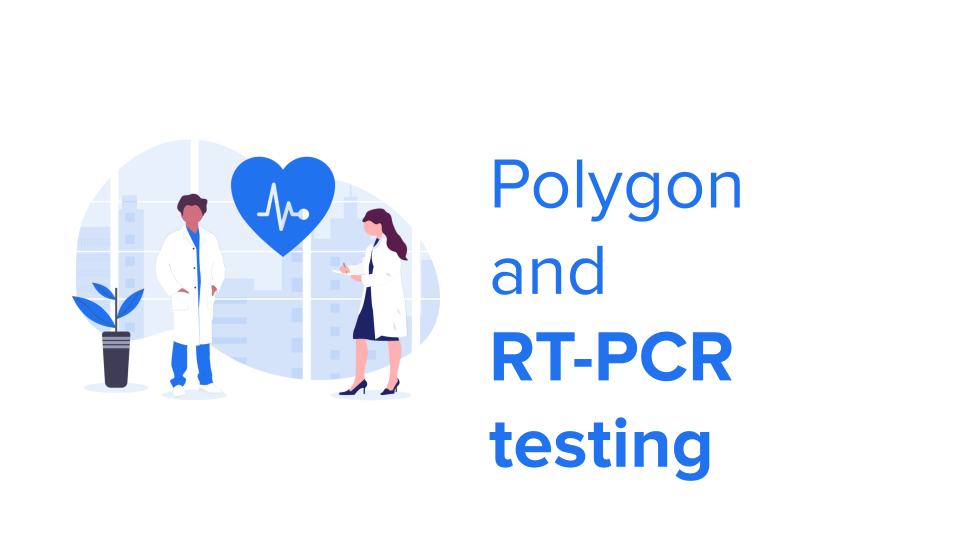In the recent past, the cryptocurrency market has exploded owing to the benefits it offers, viz. blockchain-based technology offering more secure solutions and decentralized processing. This paradigm shift has piqued the curiosity of prominent industrialists around the world.
Going by CoinMarketCap’s rankings, Polygon is among the best cryptocurrencies in the world.
What is Polygon?
Polygon, previously known as the Matic Network, is an India-based public blockchain-based cryptocurrency. It is one of the most popular cryptocurrencies in India, and it barged into the top 15 cryptocurrencies worldwide in style.
The network offers low transaction fees, and users can do a one-time pool experiment without incurring any losses, thereby removing the limitation of its competitors. It allows the free exchange of information and value through its distinct blockchain setup.
Polygon is based on Ethereum, and it allows you to construct applications for a fraction of the cost of Ethereum. The valuation of MATIC, the Polygon native token, has significantly grown since its inception in 2019 from $26 million to over $14 billion.
MATIC is seen as the next big thing, and there are multiple reasons for its quick rise, such as Google BigQuery announcement, investment from Mark Cuban and growing hype.
The network is a way forward for cryptocurrencies alongside providing user-friendly, developer-friendly, scalable, sovereign, modular, and secure blockchain networks.
Polygon tracking RT-PCR test results
As the blockchain is becoming more popular, governments and multinational firms are collaborating with Polygon for various activities related to data tracking, achieving, auditing, etc.
Recently, it has found use assisting the Maharashtra government track its Reverse transcription-polymerase chain reaction (RT-PCR) test results in people suspected of having COVID-19 infection.
The department of disaster management of the Maharashtra government has collaborated with Print2Block – a Chennai-based startup, for issuing COVID-19 test certificates using this technology. These certificates are issued to a person whose COVID-19 test is negative.
For authenticating and certifying its integrity, a private blockchain must be linked to a public blockchain. Consequently, Print2Block partnered with Polygon to provide a secure and scalable solution for record-keeping of RT-PCR test records and issuing of COVID-19 test certificates.
Approximately 70-80% of the people tested daily in the state were found to be negative. This innovative setup was successful during the scale-up phase and also ensured data security. Interestingly, other states such as Karnataka, Rajasthan, Telangana, Kerala, Andhra Pradesh and Tamil Nadu has also preferred blockchain technology for record maintenance.

